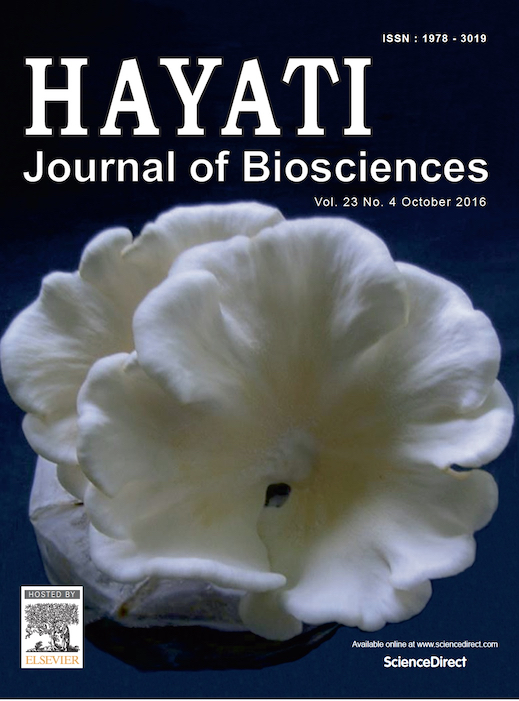Next-Generation Sequencing and Influenza Virus: A Short Review of the Published Implementation Attempts
Abstract
Influenza virus represents a major public health concern worldwide after recent pandemics. To aid the understanding and characterization of the virus in ever-increasing sample numbers, new research techniques have been used, such as next-generation sequencing(NGS). The current article review used Ovid MEDLINE and PubMed databases to conduct keyword searches and investigate the extent to which published NGS high-throughput approaches have been implemented to influenza virus research in the last 5 years, during which the increase in research funding for influenza studies has been coincidental with a significant per-base cost reduction of sequencing. Through the current literature review, it is evident that over the last 5 years, NGS techniques have been indeed applied to biological and clinical samples at increasing rates following a wide variety of approaches. The rate of adoption is slower than anticipated by most published studies, with three obstacles identified consistently by authors. These are the lack of suitable downstream analytical capacity, the absence of established quality control comparators, and the higher cost to comparable existing techniques.Downloads
HAYATI J Biosci is an open access journal and the article's license is CC-BY-NC. This license lets others distribute, remix, tweak, and build upon author's work, as long as they credit the original creation. Authors retain copyright and grant the journal/publisher non exclusive publishing rights with the work simultaneously licensed under a https://creativecommons.org/


















.png) IPB University
IPB University Department of Biology
Department of Biology The Indonesian Biological Society
The Indonesian Biological Society 

